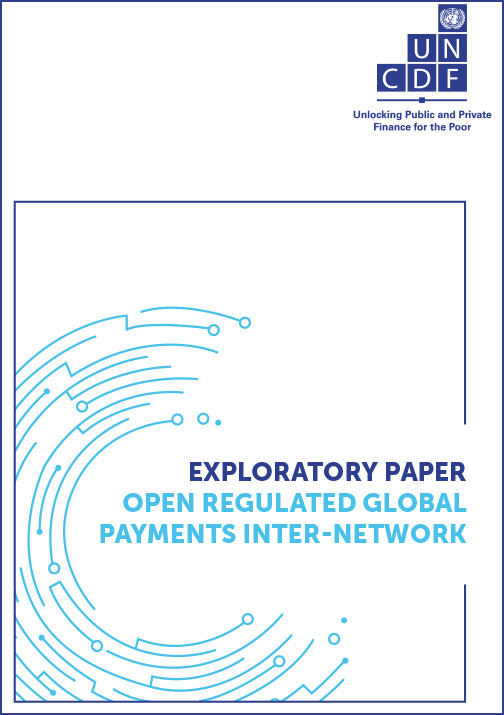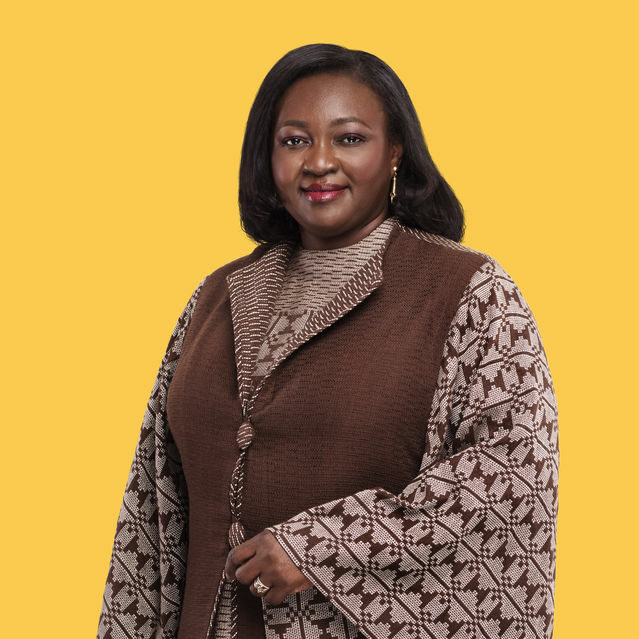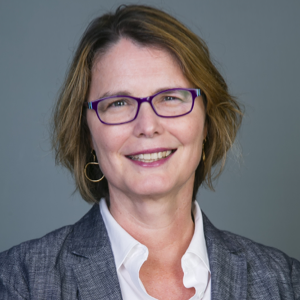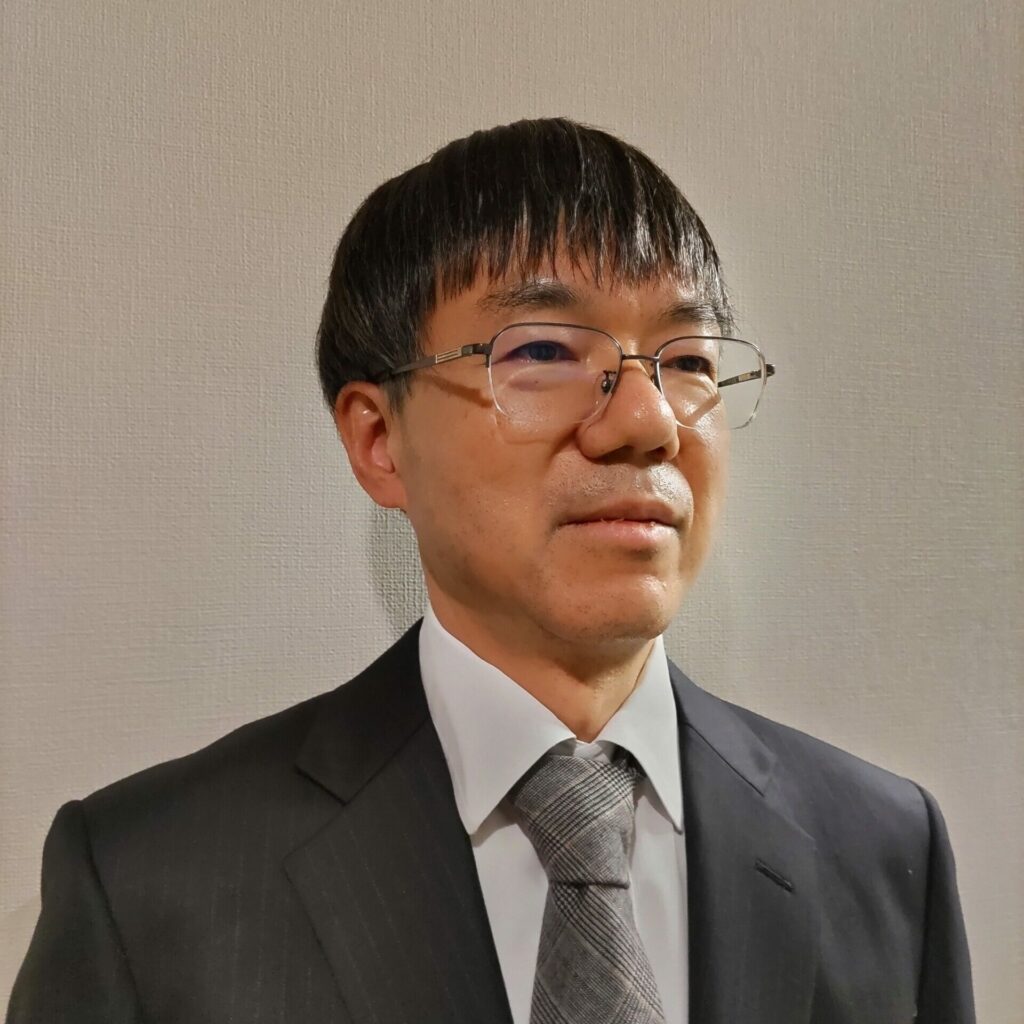As the number of international migrants continues to grow—constituting around 4 percent of the world’s population, sending more than US$700 billion in remittances, most of which is destined for developing countries—the importance of remittances cannot be ignored.
Despite this, many migrants cannot benefit from formal remittance systems as the current payment networks are expensive, slow, and lack interconnectivity, e.g., a migrant will pay cash to a remittance provider, which will charge a high fee to send the money to the recipient, who then pays a fee to convert the money into their local currency or to cash-out. Combining existing but disparate payment systems would help to promote financial inclusion, improve the safety of funds, and facilitate access to payment services for consumers.
The infrastructure to achieve total interoperability already exists to a great extent but needs to be better harnessed. By creating an open regulated global payments inter-network, leveraging and cultivating existing infrastructure, any regulated service provider will be able to send money to anyone, anywhere in the inter-network. Further, when governed by a trusted neutral entity, an open regulated global payments inter-network will significantly speed up total interoperability, reduce the cost of transactions, and provide migrants with an easy and efficient way to digitally transfer money to their home countries.
This webinar will explore options for the future of international remittances—specifically designed for low-value international remittances, addressing the needs of migrants around the world—with an open regulated global payments inter-network.
Event Media

Our paper on Open Regulated Global Payments Inter-network
Panelists

Sabine Mensah
Sabine Mensah has strong leadership experience in digital payments and mobile money across multilaterals and the private sector. As the Deputy Chief Executive Officer, Sabine oversees AfricaNenda’s capacity-building and partnership efforts through convenings and thought leadership to strengthen the payments ecosystem across Africa. Before joining AfricaNenda, Sabine served as the Regional Digital Hub Manager for UNCDF, and as the Regional Director responsible for domestic and international remittances at Western Union Canada. Sabine is a Certified Digital Finance Practitioner by Digital Frontier Institute and an alumna of the Institut Franco-Américain de Management in France and Central Michigan University in the United States.

Elizabeth McQuerry
Elizabeth McQuerry is a Partner at Glenbrook and leads the firm’s Global Payments Practice. She has over 15 years of experience helping to develop new payments products for cross-border remittances and P2P, global payouts, government collections and disbursements. From mid-2015 through 2018, Elizabeth served as CEO of the International Payments Framework Association (IPFA). Previously, Elizabeth worked as the head of FedGlobal ACH Payments for the Federal Reserve Retail Payments Office where she was responsible for developing the program’s strategic direction, new product development, connecting to global partners, and its market outreach program. Elizabeth has a Ph.D. in Government from the University of Texas at Austin.

Mohit Davar
Mohit Davar is a payments expert and has worked in the industry for over 25 years. Over a long stint, Mohit has held various senior positions, including CEO of MoneyGram International, Travelex Money Transfer and Coinstar Money Transfer. He is currently Chairman at SH Financial Group. Over the last 10 years, Mohit has nurtured and grown a variety of ambitious fintech companies. Previously he spent 15 years as Chairman of the International Association of Money Transfer Networks. Mohit is a member of the Institute of Chartered Accountants in England and Wales.

Ryuichi Ohno
Ryuichi Ohno is Deputy Director of the International Affairs Office, Strategy Development and Management Bureau at Japan Financial Services Agency. With over 25 years of extensive experience as an IT architect, he led system design and software development teams for various industries. In the past five years, he led the assessment team of system design and software development for Financial Institutions. He joined Japan Financial Services Agency to tackle the issues of cross-border payments and took over the role of BB16 lead in September 2022. Ryuichi has a Ph.D. in Media Synchronization Mechanism for a Distributed Multimedia System from the University of Tokyo.
Agenda
- Welcome address (10 mins)
- Presentation of the Exploratory paper (20 mins)
- Panel discussion (60 mins)